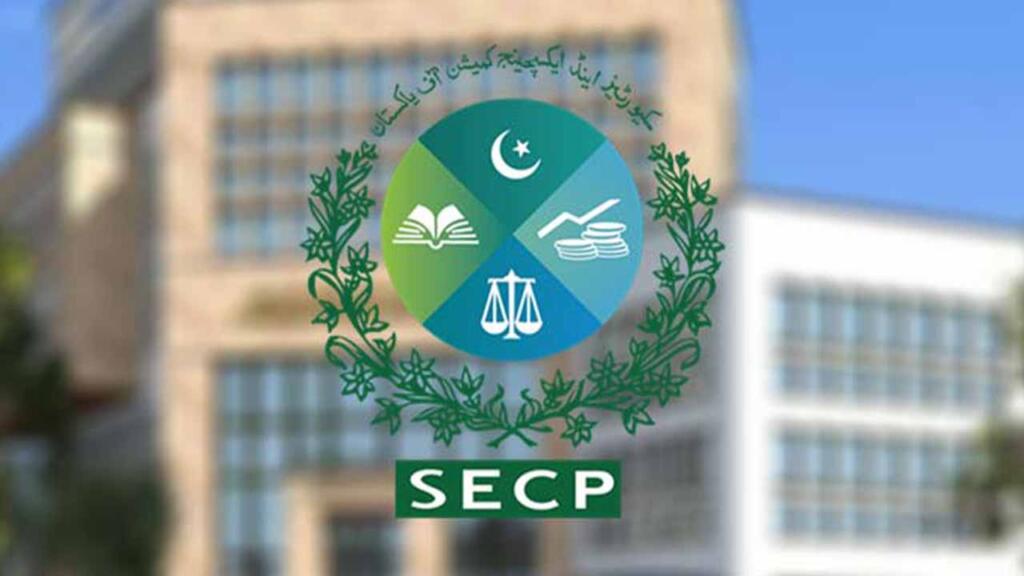- Web
- Feb 05, 2026
SECP accused of irregular pay raises and misuse of funds
-

- Web Desk
- Aug 23, 2025

ISLAMABAD: A fresh audit has raised red flags over the financial affairs of the Securities and Exchange Commission of Pakistan (SECP), pointing to unauthorised salary hikes and major lapses in handling public money.
According to the Auditor General of Pakistan (AGP), the SECP approved hefty pay raises for its chairman and commissioners without clearance from the Ministry of Finance, as required under the law. The audit revealed that during a Policy Board meeting on October 17, 2024, the management sanctioned salary increases with retrospective effect from July 1, 2023.
As a result, SECP Chairman Akif Saeed drew a package of Rs41.53 million for 2023-24, while each commissioner received Rs35.8 million. The report also uncovered that the organisation distributed Rs110 million in entertainment allowances among commissioners and staff, despite having no legal cover to do so.
In total, the unauthorised increases in pay and allowances amounted to Rs377.22 million. The AGP has recommended that the finance ministry either regularise these increases or order their reversal.
Failure to deposit funds
The audit further revealed that the SECP failed to transfer nearly Rs14 billion into the Federal Consolidated Fund, including Rs7.11 billion generated from licensing and registration fees, insurance sector collections, securities market charges and other specialised companies.
Under the Public Finance Management Act 2019, all revenues collected by a federal entity must be deposited in the treasury single account. Yet the SECP retained both its revenues and a surplus balance of Rs6.99 billion, which was also not remitted to the Fund.
Wider concerns over financial discipline
The SECP findings form part of a larger audit that paints a grim picture of Pakistan’s public finances. The AGP identified irregularities and mismanagement worth over Rs375 trillion across federal ministries, divisions and departments during FY24.
The report noted that more than 96 percent of spending went towards general public services, including debt and interest repayments, leaving only 13 percent for socio-economic development. The AGP warned that repeated lapses pointed to weak oversight and systemic flaws in budget management.
Read next: FBR sets new deadline for July 2025 sales tax return filing




